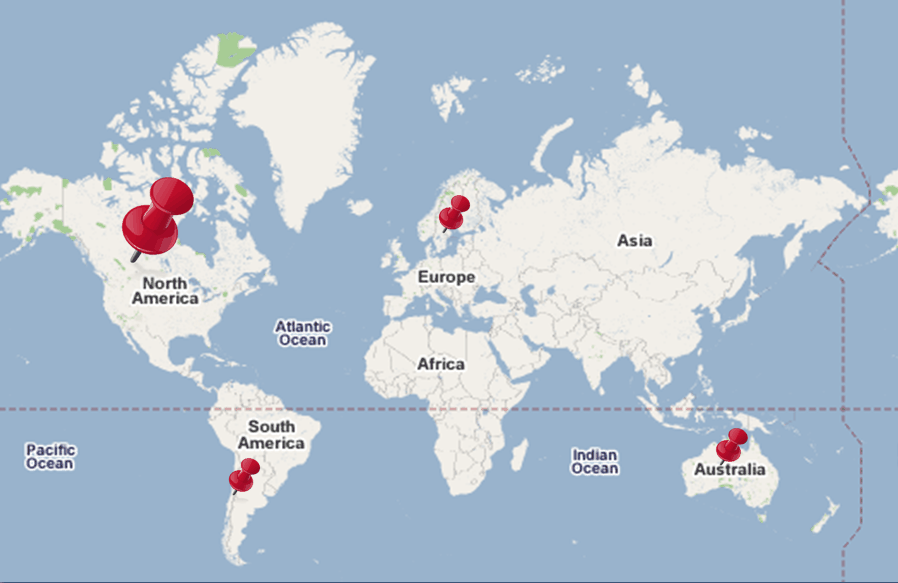Horigian, V.E., M.S., Feaster, D.J., Robbins, M.S., Brincks, A.M., Ucha, J., Cuccinelli, M.J., Szapocznik, J., & Rohrbaugh, M.J., (2015). A Cross-sectional Asse3ssment of the Long Term Effects of Brief Strategic Family Therapy for Adolescent Substance Use. The American Journal on Addictions, 24: 637-645.
Robbins, M.S., Feaster, D.J., Horigian, V.E., Cuccinelli, M.J., Szapocznik, J., & Henderson, C. (2011). Therapist adherence in Brief Strategic Family Therapy for Adolescent drug abusers. American Psychological Association, 79, 43-53.
Robbins, M.S., Szapocznik, J., Horigian, V.E., Feaster, D.J., Puccinelli, M., Jacobs, P., Burlew, K., Westlein, R., Bachrach, K., & Brigham, G. (2009). Brief strategic family therapy™ for adolescent drug abusers: A multi-site effectiveness study. Contemporary Clinical Trials, 30, 269- 278.
Briones, E., Robbins, M.S., & Szapocznik, J. (2008). Brief Strategic Family Therapy: Engagement and treatment. Alcoholism Treatment Quarterly, 26, 81-103.
Nickel, M. et al. (2006). Influence of family therapy on bullying behaviour, cortisol secretion, anger, and quality of life in bullying male adolescents: A randomized, prospective, controlled study. Canadian Journal of Psychiatry, 51, 355-362.
Nickel, M., et al. (2006). Bullying girls – Changes after Brief Strategic Family Therapy: A randomized, prospective, controlled trial with one-year follow-up. Psychotherapy and Psychosomatics, 75, 47-55.
Horigian, V., Robbins, M.S., & Szapocznik, J. (2004). Brief Strategic Family Therapy. Brief Strategic and Systemic Therapy: European Review [inaugural issue] 1, 251-271. Santisteban, D.A., Coatsworth, J.D., Perez Vidal, A., Kurtines, W.M., Schwartz, S.J., LaPerriere, A., & Szapocznik, J. (2003). The efficacy of Brief Strategic Family Therapy in modifying Hispanic adolescent behavior problems and substance use. Journal of Family Psychology, 17 (1), 121-133.
Szapocznik, J., Hervis, O.E., & Schwartz, S. (2003). Brief Strategic Family Therapy for adolescent drug abuse. [NIH publication no. 03-4751; NIDA Therapy Manuals for Drug Addiction Series]. Rockville, Maryland: National Institute on Drug Abuse.
Robbins, M.S., Mitrani, V.B., Zarate, M., Perez, G., Coatsworth, J.D. & Szapocznik, J. (2002). Change processes in family therapy with Hispanic adolescents. Hispanic Journal of Behavioral Sciences 24, 505-519.
Robbins, M.S., Bachrach, K., & Szapocznik, J. (2002). Bridging the research-practice gap in adolescent substance abuse treatment: The case of Brief Strategic Family Therapy. Journal of Substance Abuse Treatment, 23, 123-132.
Coatsworth, J.D., Santisteban, D.A., McBride, C., Szapocznik, J. (2001). Brief Strategic Family Therapy versus community control: Engagement, retention, and an exploration of the moderating role of adolescent symptom severity. Family Process, 40, 313-332. Robbins, M.S., & Szapocznik, J. (2000). Brief Structural Family Therapy with behavior problem youth. Office of Juvenile Justice and Delinquency Prevention Bulletin, Office of Justice Programs, U.S. Department of Justice, Washington, D.C.
Szapocznik, J., & Williams, R.A. (2000). Brief strategic family therapy: Twenty-five years of interplay among theory, research, and practice. Clinical Child & Family Psychology Review, 3, 11, 7-134.
Santisteban, D.A., Szapocznik, J., Perez-Vidal, A., Kurtines, W.M., Murray, E.J., & Lapierre, (1996). Efficacy of intervention for engaging youth and families into treatment and some variables that may contribute to differential effectiveness. Journal of Family Psychology, 10, 35-44.
Szapocznik, J., Rio, A., Murray, E., Cohen, R., Scopetta, M., Rivas-Vazquez, A., Hervis, O., Posada, V., & Kurtines, W. (1989). Structural family versus psychodynamic child therapy for problematic Hispanic boys. Journal of Consulting and Clinical Psychology, 57, (5) 571-578.
Szapocznik, J., Perez-Vidal, A., Brickman, A., Foote, F.H., Santisteban, D., Hervis, O.E., & Kurtines, W.M. (1988). Engaging adolescent drug abusers and their families into treatment: A Strategic Structural Systems approach. Journal Counseling & Clinical Psychology, 56, 552-557.







